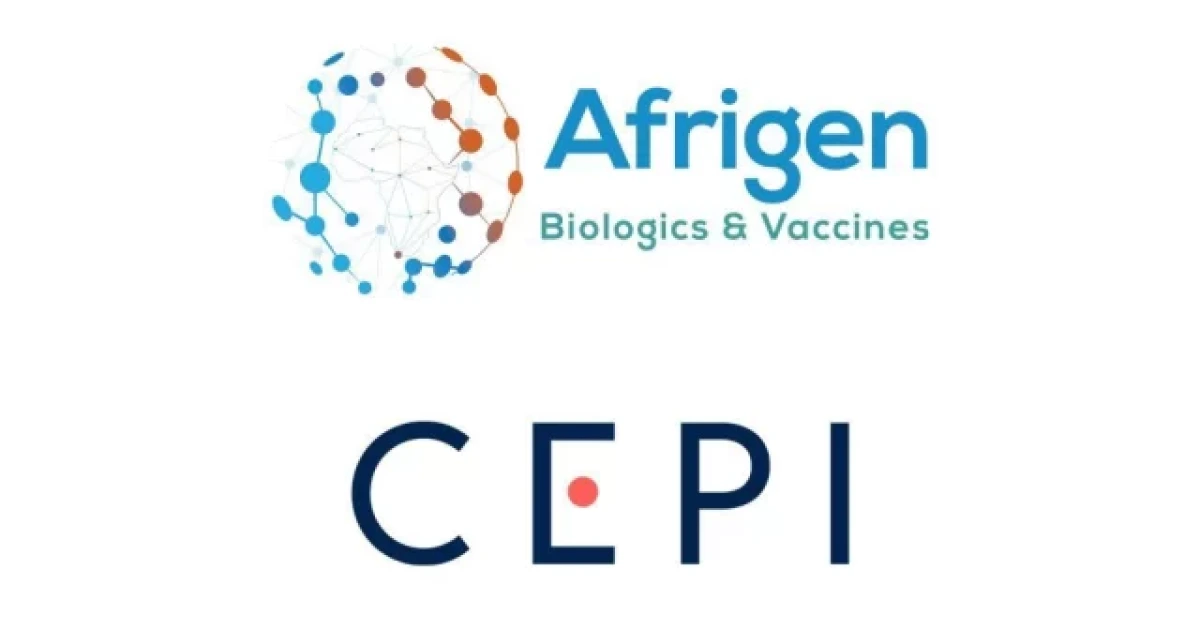
SOUTH AFRICA – Afrigen Biologics, a South African biotechnology company, has secured US $6.2 million in funding from the Coalition for Epidemic Preparedness Innovations (CEPI) to develop the first mRNA-based vaccine for Rift Valley fever (RVF).
This investment will support the vaccine’s progression through preclinical development and Phase I clinical trials, with testing expected to take place in South Africa or another RVF-affected region.
Afrigen’s mRNA platform, initially validated during the development of a COVID-19 vaccine, is now being adapted to address RVF, a mosquito-borne disease that affects both humans and livestock in Africa and the Middle East.
While vaccines exist for animals, no licensed human vaccine is currently available. RVF outbreaks can have devastating consequences, with mortality rates of up to 50% in severe human cases and significant economic losses in livestock.
“This collaboration between CEPI and South Africa’s flagship biotechnology company Afrigen is central to our commitment to develop and sustain local manufacturing capacity on the African continent,” said South Africa’s Minister of Trade, Industry, and Competition, Mr. Parks Tau.
Afrigen aims to leverage its role as the hub for the WHO and Medicines Patent Pool (MPP) mRNA Technology Transfer Programme to rapidly respond to outbreaks, strengthen Africa’s vaccine production capabilities, and ensure regional preparedness.
Afrigen first partnered with CEPI in August 2024 to advance research into Afrigen’s mRNA vaccine technology, in a separate project which could shorten the speed at which mRNA vaccines enter clinical testing and production.
Faster and more readily available mRNA vaccines on the African continent would support progress towards the 100 Days Mission, a goal, spearheaded by CEPI and embraced by South Africa and other G20 as well as G7 nations, to develop vaccines against a novel threat within 100 days from identification.
CEPI’s CEO, Dr. Richard Hatchett, highlighted the importance of innovation and equitable access: “A safe and effective Rift Valley fever mRNA vaccine made in Africa, for Africa, raises the bar in our response to future outbreaks and paves the way for rapid-response mRNA vaccines against similar viruses in low- and middle-income countries.”
Rift Valley fever, first identified in Kenya in the 1930s, has expanded its range in recent decades, reaching parts of the Middle East and Indian Ocean islands.
The disease’s climate sensitivity raises concerns that outbreaks may become more frequent and severe due to extreme weather events.
With this in mind, CEPI’s investment in Afrigen marks its fourth funding commitment to RVF vaccine development and the first focused on mRNA technology.
Afrigen has committed to equitable access principles, including affordable pricing, local manufacturing, and open-access publication of clinical and epidemiological data.
Beyond addressing RVF, the tools and insights from this project may facilitate the development of mRNA vaccines for other emerging diseases, aligning with CEPI’s broader mission to develop vaccines against novel threats within 100 days of identification.
XRP HEALTHCARE L.L.C | License Number: 2312867.01 | Dubai | © Copyright 2025 | All Rights Reserved